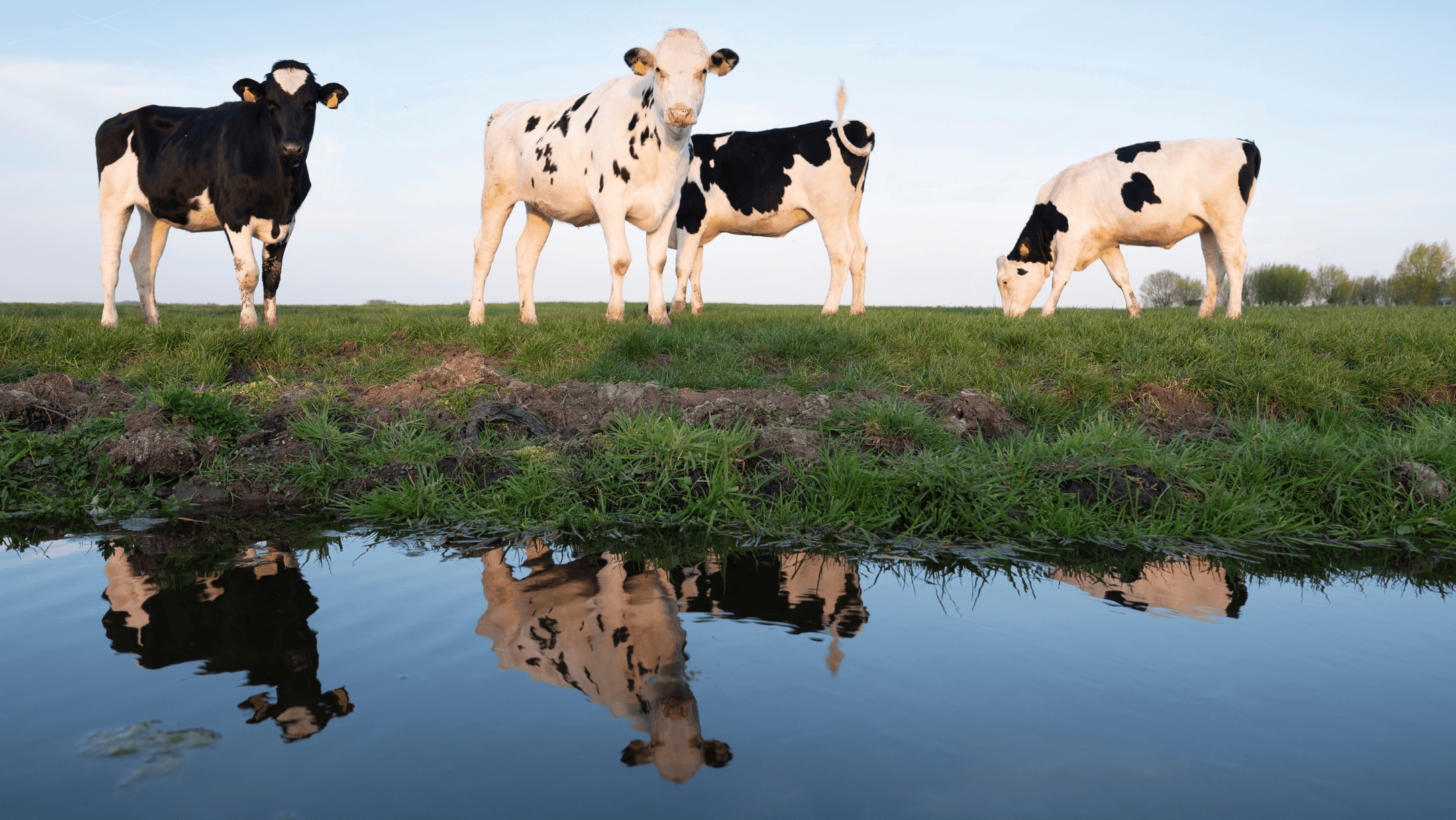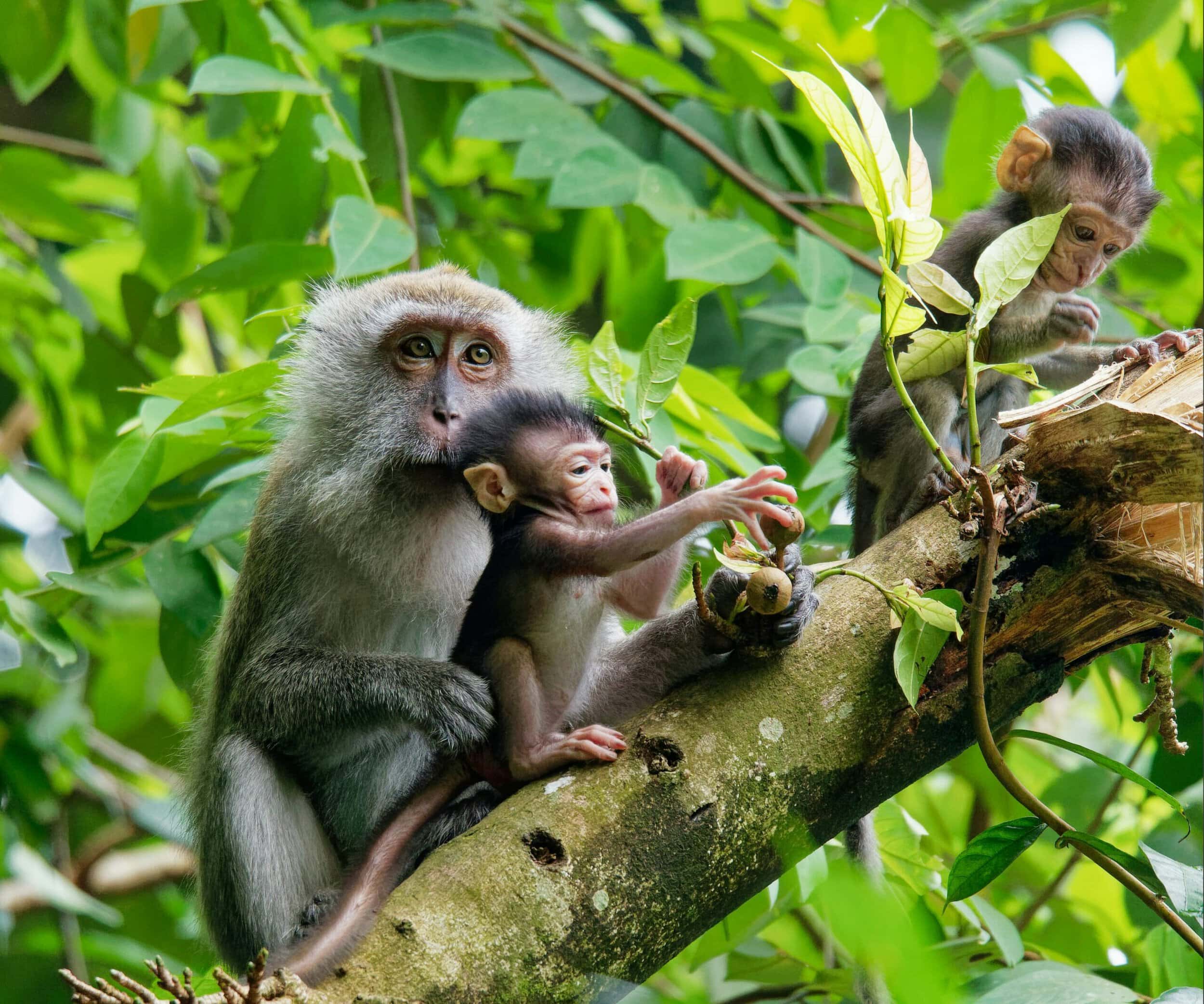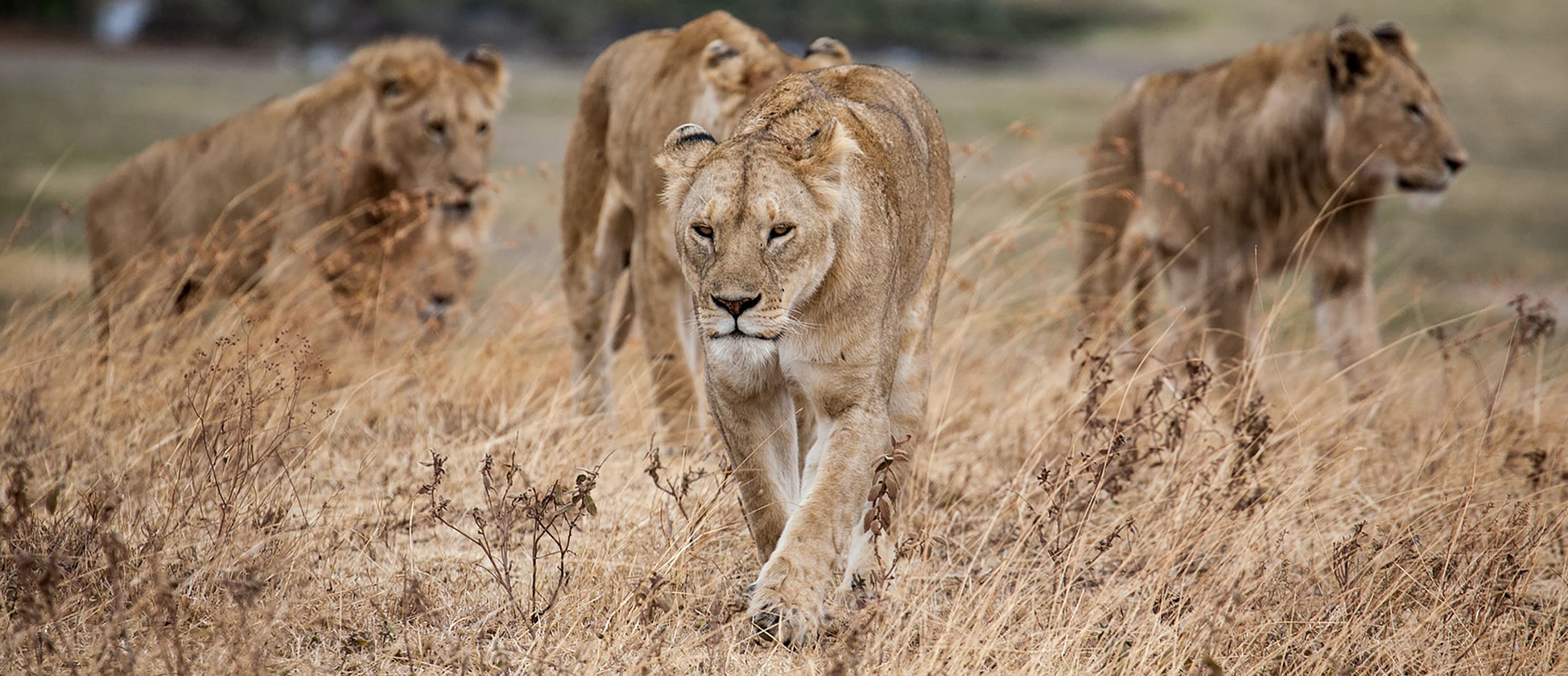Later this year, Heads of State and Government will gather at the UN Headquarters in New York for the SDG Summit, a crucial event to review progress of the 2030 Agenda for Sustainable Development and the Sustainable Development Goals (SDGs). The outcome of the Summit will be a Political Declaration made by UN Member States to achieve the SDGs.
Currently, UN Member States are engaged in negotiations to finalise the draft political declaration.
The political declaration is of strategic value for the animal protection movement. As this SDG Summit marks the mid-point of the 2030 Agenda – with many SDGs severely off track – the Declaration is expected to guide countries on how to accelerate progress towards its goals. This is an opportune moment for animal protection NGOs to showcase how promoting animal welfare contributes to the attainment of numerous SDGs.
The World Federation for Animals (WFA), representing 52 member organisations, has used its consultative status with the UN Economic and Social Council (ECOSOC) to provide strategic inputs into the zero draft of the Declaration, which represents the first version of the document to begin negotiations.
The zero draft acknowledges the outcomes of UN Environment Assembly-5, where Resolution 5/1 on the Animal welfare–environment sustainable development nexus was adopted, and also addresses recovery from COVID-19, the triple planetary crises, and food systems. However, the current draft is regressive on a number of issues related to animals as compared to previous Ministerial Declarations. In response, WFA circulated a letter to UN delegations that emphasises the urgent need for transformative actions to address the interlinked crises. WFA specifically underscored the importance of animal welfare and the One Health approach in expediting progress on the SDGs.
Our recommendations
WFA put forward recommendations for explicit commitments by Member States to:
1. Protecting wildlife and other living species, including by ending the poaching and trafficking of protected species and the unsustainable consumption of wildlife. Doing so is humanity’s responsibility and it would align with specific Targets of the SDGs, while remaining consistent with previous commitments outlined in the “Transforming our world: the 2030 Agenda for Sustainable Development” and previous Ministerial Declarations by the High-Level Political Forum on Sustainable Development (HLPF).
2. Promoting the One Health approach and other holistic approaches to protect the health of people, animals, plants and ecosystems. This would include strengthening the capacity to address biodiversity loss, and preventing the emergence and spread of infections, zoonotic pandemics, and antimicrobial resistance. Emphasising the importance of the One Health aligns with previous Declarations made by the HLPF.
3. Accelerating the transition to sustainable food systems and promoting healthy nutrition, diets, and production and consumption practices. While the zero draft already had positive wording around food systems, it notably lacked reference to production practices which are an essential part of food systems.
4. Recognise the findings of the Intergovernmental Panel on Climate Change (IPCC) Sixth Assessment Report, including the urgent need for emissions reductions in all sectors, and emphasise that mitigation of and adaptation to climate change represent an immediate and urgent priority. This is in line with the 2019 Political Declaration and the 2022 Ministerial Declaration.
Member States exchanged initial views on the zero draft during informal consultations on 16 and 2 June. The next consultation is taking place on 9 June 2023.
As it stands, we are concerned that the declaration is not sufficiently igniting the transformational change needed. The zero draft pays inadequate attention to the environmental dimension of the Agenda and risks driving the sustainable development conversation backwards.
But change is possible. During negotiations of previous declarations, engagement by animal protection organisations contributed to more ambitious wording as drafts progressed. This is now needed more than ever.
Background
- WFA inputs to Political Declaration
- Zero Draft Political Declaration
- The HLPF holds a central role in reviewing and assessing the progress of the 2030 Agenda for Sustainable Development and its SDGs. Annually convened in July under the auspices of ECOSOC, the HLPF gathers high-level government delegations and stakeholders in New York to evaluate and recommend actions to achieve the 2030 Agenda.
- Every four years, the HLPF meets under the auspices of the General Assembly at the level of Heads of State and Government – the SDG Summit. In 2023, given the occurrence of two HLPF sessions, a single political declaration is expected to be negotiated and finalised at the HLPF and eventually agreed upon at the SDG Summit.
Photo Credit: Odysseas Chloridis / We Animals Media





